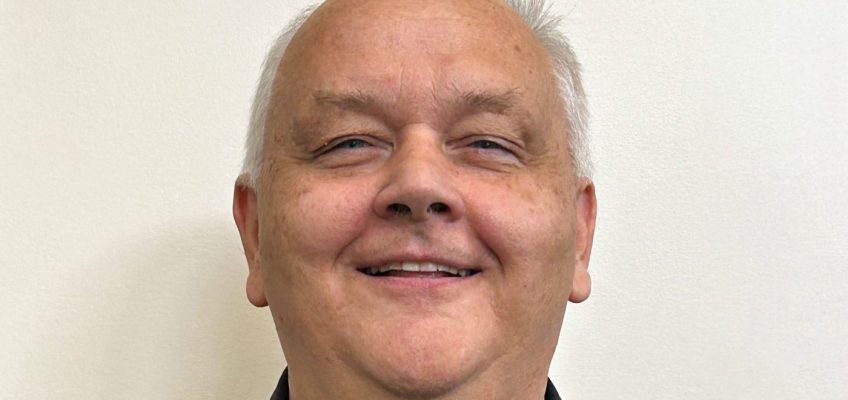St. Paul Park officials last week approved the final plat for a new housing subdivision, the first in the city since the mid-1980s.
Homebuilder Lennar Corp. plans to build 61 single-family homes on 30 acres located east of the railroad tracks and south of Summit and Ashland avenues. Construction of homes in the development, called Geneva Meadows, will begin in late 2025 or early 2026, with first closing expected to be in the spring of 2026, said Danielle Tocco, vice president of communications at Lennar Corp.
Home prices are expected to start in the low- to mid-$400,000 range, she said.
Lennar plans to extend Lincoln and Summit avenues south into the property, and the home sites will be accessed from those roads, which would then connect on the south end of the development.
New city adminstrator
St. Paul Park, population 5,600, is “poised to take off and do some really cool things with people coming and the community growing,” said City Administrator Hugo McPhee, who was hired this summer after former city administrator Kevin Walsh resigned.
St. Paul Park City Administrator Hugo McPhee (Courtesy of Hugo McPhee)
Prior to joining St. Paul Park, McPhee, 60, of Bloomington, served as a consultant for Washington, D.C.-based Center for Public Safety Management.
He also previously worked as deputy city manager of Burnsville; served as the executive director of the state’s Private Detective and Protective Agent Services Regulatory Board and was the director of public safety of the Three Rivers Park District in the western suburbs.
McPhee has a master’s degree in management with an emphasis in human resources from the University of Mary in Bismarck, North Dakota, and a bachelor’s degree in business from Marian College in Fond du Lac, Wis.
McPhee said he was interested in the St. Paul Park position, in part, because of the opportunity to mentor emerging leaders at city hall.
Related Articles
Equine therapy program for veterans and youth opens in Stillwater
Are 900 enough? Scandia preparing for record Cinnamon Bun Day
MN health officials: More measles cases confirmed, 10 in Dakota County
At 100, a World War II veteran and longtime Stillwater resident looks back
Forest Lake 22-year-old played football, attended school at White Bear Lake
“The city has had some turnover, and this was a chance to work with new department heads and ensure we’re dialed into the community,” he said. “I wanted to get back to working in a small community and connecting city services with residents.”
Among the new hires: interim police chief Craig Elgin, who took over from former Police Chief Jessica Danberg, who resigned in May; Public Works Superintendent Tony Brinkman, who was promoted in January after the resignation of Jeff Dionisopoulos, and Finance Director Dawn Monahan, the former assistant city manager and finance director in Berry, Vt., who was hired after the former finance director, Melody Santana-Marty, resigned in April.
McPhee’s annual salary is $155,000.




